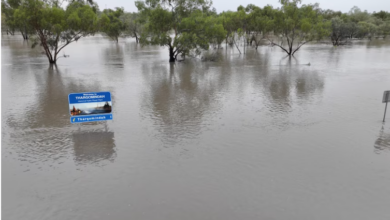U.S. Halts Bomb Shipment to Israel Amid Concerns Over Potential Rafah Invasion, Official Says

In a significant move, the United States has paused a scheduled shipment of bombs to Israel, signaling concerns over a potential military invasion of Rafah. This decision reflects the U.S. administration’s apprehension about escalating tensions and the potential humanitarian impact of such an operation.
According to a senior official, the decision to halt the shipment is a direct message to Israel, urging caution and reconsideration of aggressive military actions in the densely populated Rafah area. The official emphasized that the U.S. is closely monitoring the situation and is deeply concerned about the potential for increased civilian casualties and broader regional instability.
The Rafah area, located on the border between the Gaza Strip and Egypt, has been a flashpoint for conflict. Any significant military operation there could exacerbate the already dire humanitarian situation and further inflame regional tensions. The U.S. government’s decision to delay the bomb shipment is intended to encourage Israel to seek diplomatic solutions and to prioritize the protection of civilian lives.
This pause in military support is also a reflection of broader U.S. foreign policy objectives under the current administration, which has placed a greater emphasis on human rights and conflict de-escalation. By taking this step, the U.S. aims to assert its position on the importance of restraint and the pursuit of peaceful resolutions to conflicts.
The move has been met with mixed reactions. Some view it as a necessary measure to prevent further violence and to promote peace, while others see it as a potential strain on U.S.-Israel relations. However, the underlying message is clear: the U.S. is urging its ally to carefully consider the implications of its military strategies and to avoid actions that could lead to greater instability.
As the situation develops, the international community will be watching closely to see how Israel responds to this signal from the U.S. and whether it will lead to a de-escalation of tensions in the region. The decision underscores the complex balance the U.S. seeks to maintain in supporting its allies while also advocating for humanitarian concerns and stability.





